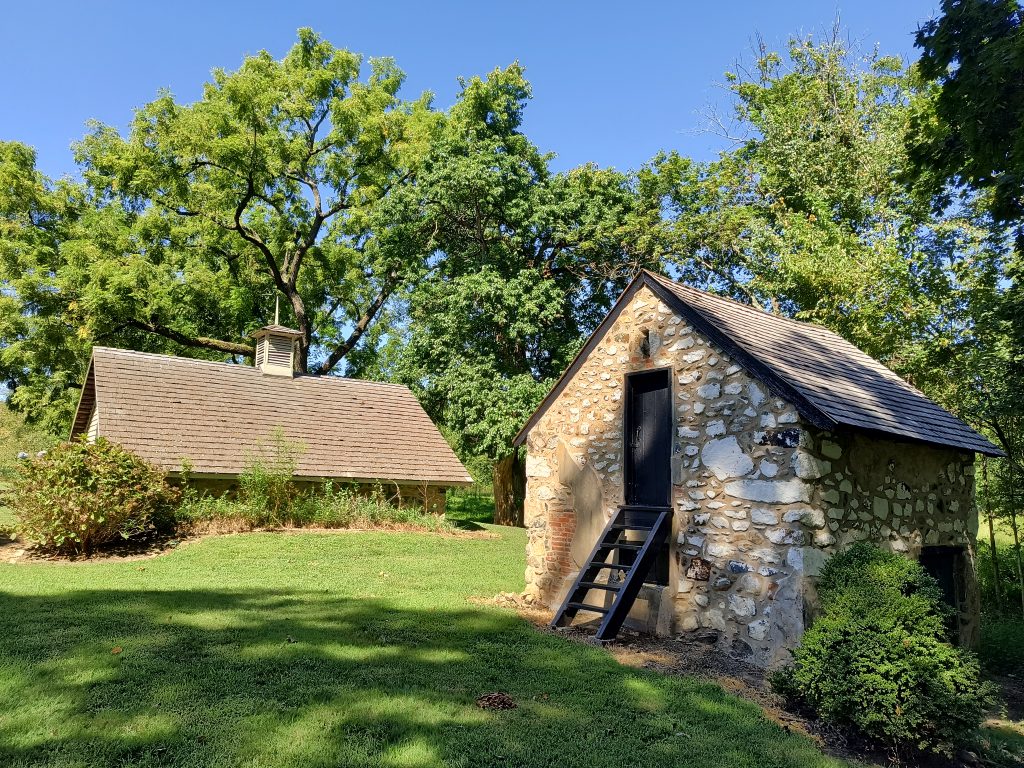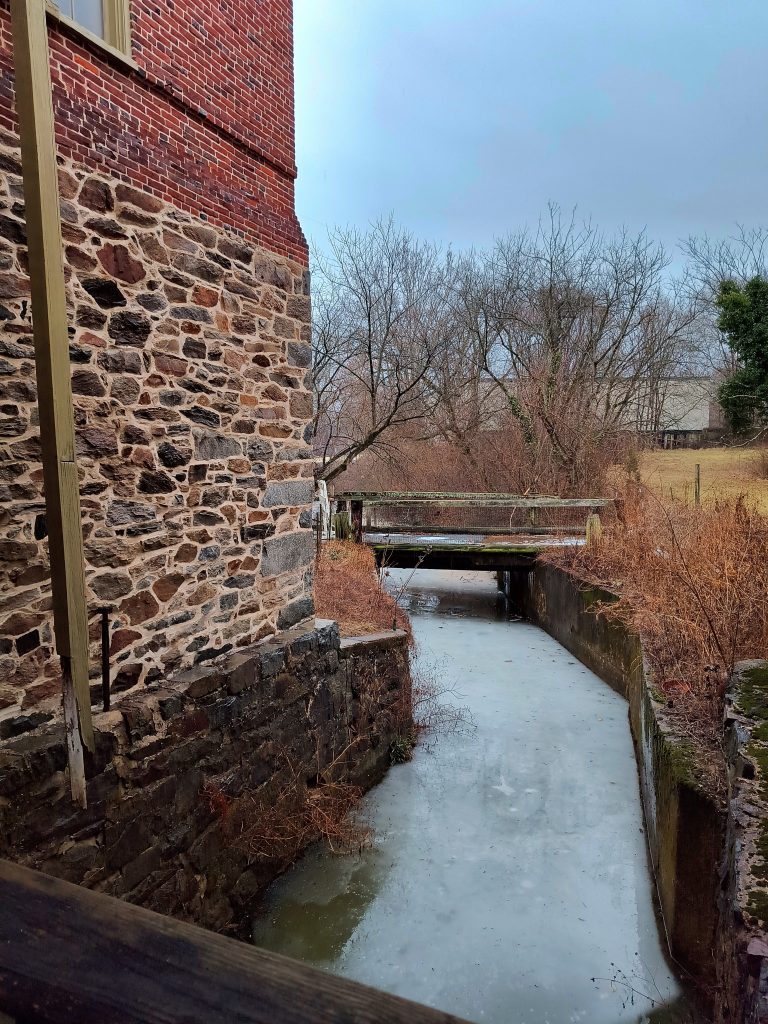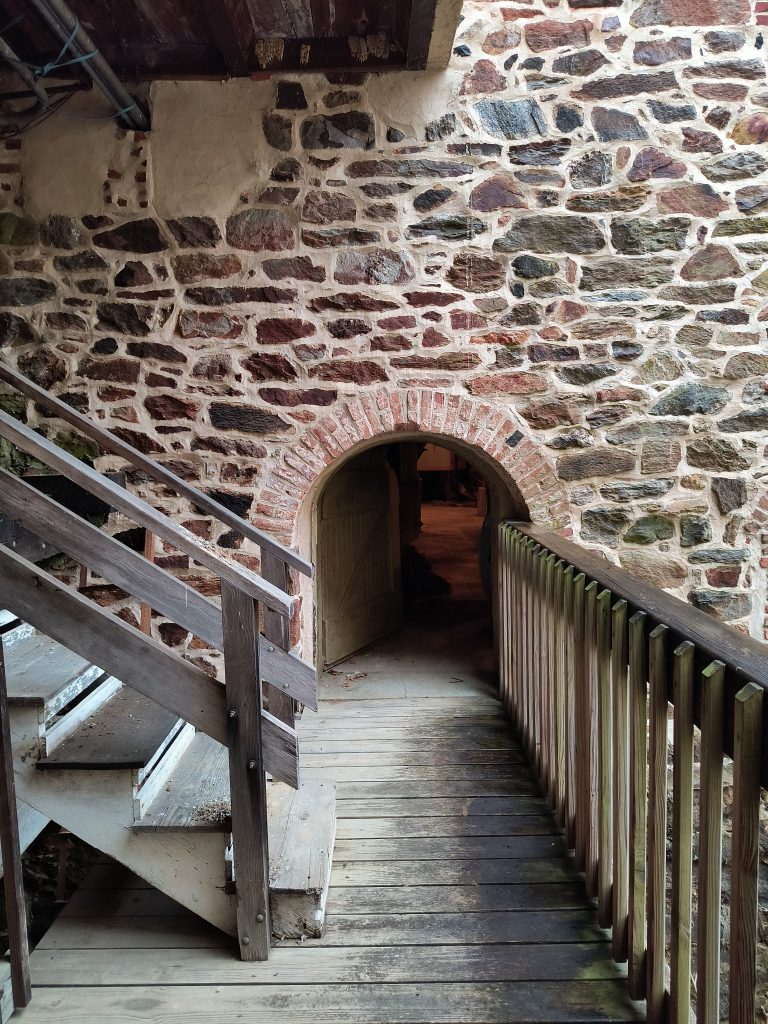Revealing history at Cooch’s Bridge

A new online database from Cooch’s Bridge Historic Site is launching this fall.
The Bridging Histories Project: African American Database at Cooch’s Bridge is the start of efforts to share what historians have been able to record — and will continue to record — about the lives of African Americans from the property and surrounding communities. While there are about 800 names on the database currently, this is by no means a full accounting of every free, indentured or enslaved African American with connections to the area.
Check back soon for digital access to the database. This project was made possible through the commitment of the Friends of Cooch’s Bridge Historic Site and the work of the Division of Historical and Cultural Affairs (HCA) staff and interns.
The database relies on a variety of primary source documents to gather the details and lives of free, indentured and enslaved African Americans who lived, labored and died in the area of Cooch’s Bridge in northern Delaware. The geographic area captured by this database is wider than just the present-day historic site. It captures the interactions with the agricultural and milling communities in and around Cooch’s Bridge from people who lived in both the Pencader and White Clay Creek Hundreds. “Hundreds” are a particular geographic denotation for Delaware, defining an area that will support 100 families. With population increases, the borders of the “Hundreds” have shifted over time.
The database spans experiences lived from the 18th century through the early 20th century.
As stewards of the historic property, the Cooch family has preserved not only their history, but that of generations of other families. The database would not have been possible without special permission granted by the family to access the private Cooch family papers. The majority of these papers have now been donated to Delaware Public Archives, with some files donated to other institutions such as the University of Delaware, Delaware Historical Society and New Castle Historical Society. In addition to the Cooch Family papers, public documents such as census records, birth and death records, and newspapers were researched to make as full of an accounting of people’s lives as possible.
The people listed in this database were often marginalized and oppressed. Their information was left out of the official records and their names may have been lost to history — until now.
The Bridging Histories Project endeavors to return their names and lived experiences to the historical narrative and landscape of Cooch’s Bridge. Their contributions to the advancement of this area should be noted, and this database is one step in this process.
The database is free to the public so that anyone, whether a descendant of someone who lived in the area, an academic researcher, or someone just interested in learning more about Delaware history, can easily access this information compiled from multiple primary sources.
This project is not finished with this initial release of the database. This is just the beginning.
“This is just the beginning,” said HCA Director Suzanne Savery. “As research continues, updates will be made. We’ll always aim to improve access to the database and make sure that it is accessible for people of any age or ability who wants to use it. The most fundamental goal is to share — and continue to expand upon — these untold histories as often and as widely as possible.”
The Bridging Histories Project is also intended to serve as a tool for any descendants of African Americans associated with the historic site. There may be descendants who have been working on their family genealogy for years and may have information that is not included in the project at this time. HCA welcomes any information that families are comfortable sharing so it can be added to the database. Project researchers hope to help foster connections between historic and modern-day family members, since these ties are often missing from official records.
For more information or to offer feedback, contact Cooch’s Bridge Historic Site staff at CBmuseum@delaware.gov or 302-731-5780.




